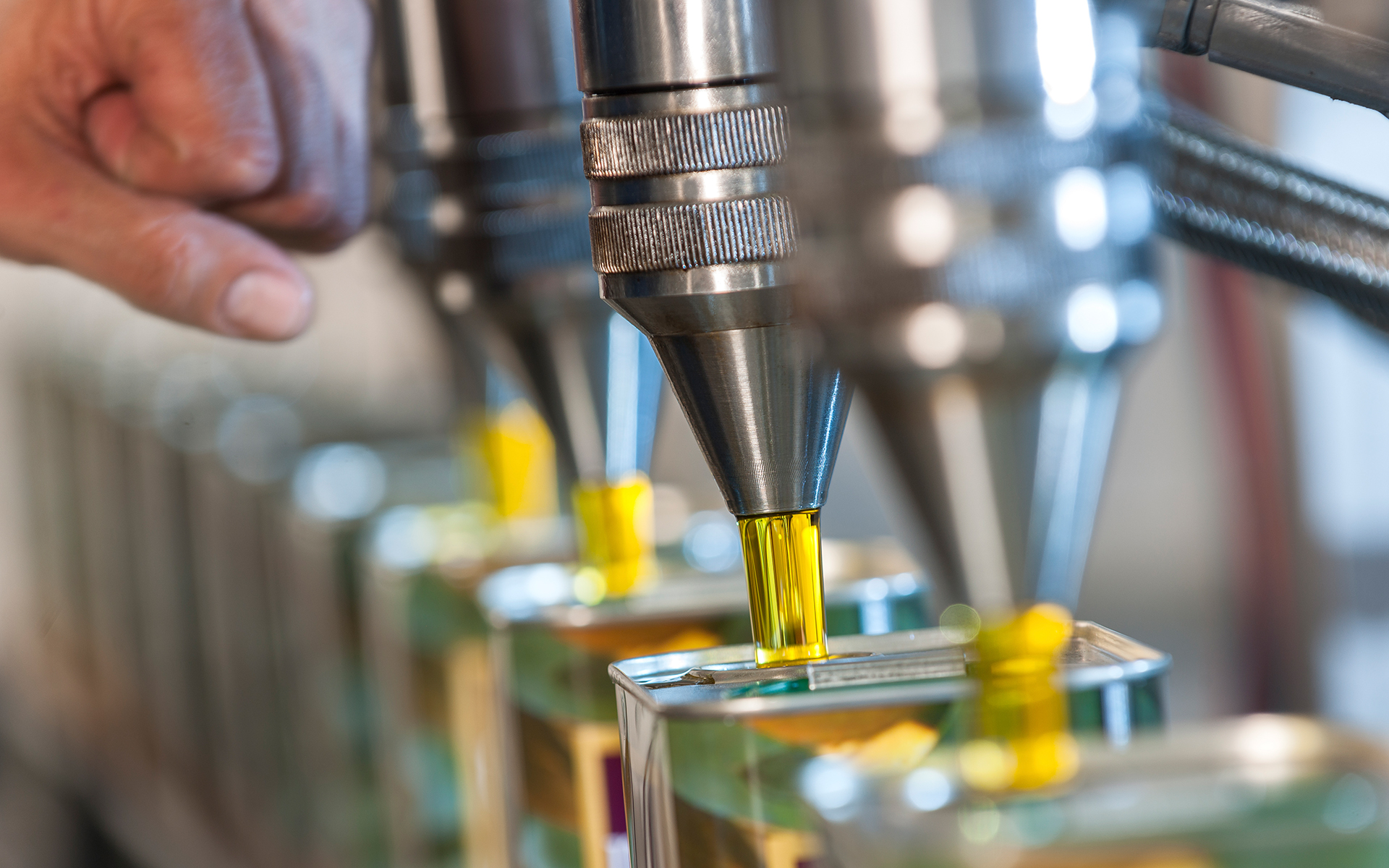

Need for Speed: Testing Edible Oils & Fats with FT‑NIR Spectroscopy
Oils and fats are considered essential nutrients for our daily diet and contribute significantly to the regulation of various body functions. Various parameters are used to evaluate the quality of edible fats and oils, including the fatty acid composition, iodine value, free fatty acids (FFA), trans fatty acids (TFA), anisidine value (AnV) and many other parameters.
Traditional analyses are usually performed using standardized chemical and physical methods, which are often time-consuming and involve high operating costs, such as chromatographic techniques. These often require hazardous solvents and reagents that can pose health risks and increase disposal costs.
Near Infrared Spectroscopy (NIR) on the other hand is fast, cost-effective and safe to use, even for untrained personnel, as no sample preparation is required. It has been a well-established technique in the agricultural sector for decades and is today an important element of quality control in the food industry.
Bruker’s solutions for the edible oil industry
Dagmar Behmer will explain how FT-NIR spectroscopy works and give an overview on Bruker’s rugged FT-NIR analyzers. The portfolio ranges from small footprint, touch screen operated analyzers to fully automated in-process systems for the analysis of oilseeds and finished oils throughout the entire manufacturing process.
FT-NIR spectroscopy will not only analyze the general composition of the oil to know if it is fit-for-purpose for the given task and if the quality is according to the standards. It can also determine oxidation parameters to assess the determination of shelf life of the product. Dedicated examples like the analysis of olive oils, frying fats and marine oils will be featured.
How Lesieur implemented FT-NIR in their daily routine
Lesieur is a centenary French company which produces a variety of vegetable oils and condiment sauces across its many factories. A tight quality control which gives you instant feedback on the key parameters is essential for making fast decisions on how to proceed with the product at each processing step. Also, the detection of adulteration to ensure there are no traces of previously bottled oils in the current bottle is crucial. Mickael Watiez will show how Lesieur is today using FT-NIR for an array of applications along their production.
Validating FT-NIR methods for the routine use
Mickael Watiez and Dagmar Behmer will illustrate which norms are already
available and show examples to how to validate FT-NIR methods for the
routine use in your lab and in the process.
Key Learning Points
- Discover Bruker’s portfolio of analytical solutions for the edible oil industry.
- Learn how FT-NIR can be utilized for analyzing quality and authenticity of edible oils & fats in the lab as well as online.
- See how Lesieur implemented FT-NIR spectroscopy in their daily routine analysis.
- Get an insight on how to validate spectroscopic methods for the routine use.
Who Should Attend?
The webinar will appeal to anybody involved in quality control of edible oils & fats, but also oilseeds in the laboratory or production floor. It will also be relevant to people working in the food industry using oils and fats in their production process.
Speakers
Mickaël Watiez, Lesieur
Head of Research & Development
Mickael Watiez graduated with a master’s degree in analytical chemistry. He has been working for Lesieur, the first edible oil manufacturer in France and part of the Avril group, since 2004. Today, he is Head of the R&D center and in charge of the analytical laboratory.
Recognized for his skills in the development of rapid analytical methods, he knows how to make his expertise available to the factories of the Avril Group in order to improve the productivity of processes and laboratories.
In addition, Mickael is a player in ISO standardization as project manager and head of the French delegation to the ISO committee.
Dagmar Behmer, Bruker Optics
Marketing Manager Applied Spectroscopy
Dagmar Behmer holds an MSc degree in Analytical Chemistry and is today Marketing Manager of the Applied Spectroscopy business area of Bruker.
She is looking back on more than 25 years of experience with FT-NIR spectroscopy, focusing on food and agricultural applications and edible oils & fats in particular.
Dagmar published several papers on olive oil and frying fats as well as book chapters on non-destructive analysis of food with FT-NIR spectroscopy. She is member of AOCS American Oil Chemists' Society) and the DGF (Deutsche Gesellschaft für Fettwissenschaft).
This webinar is held together with our media partner New Food.